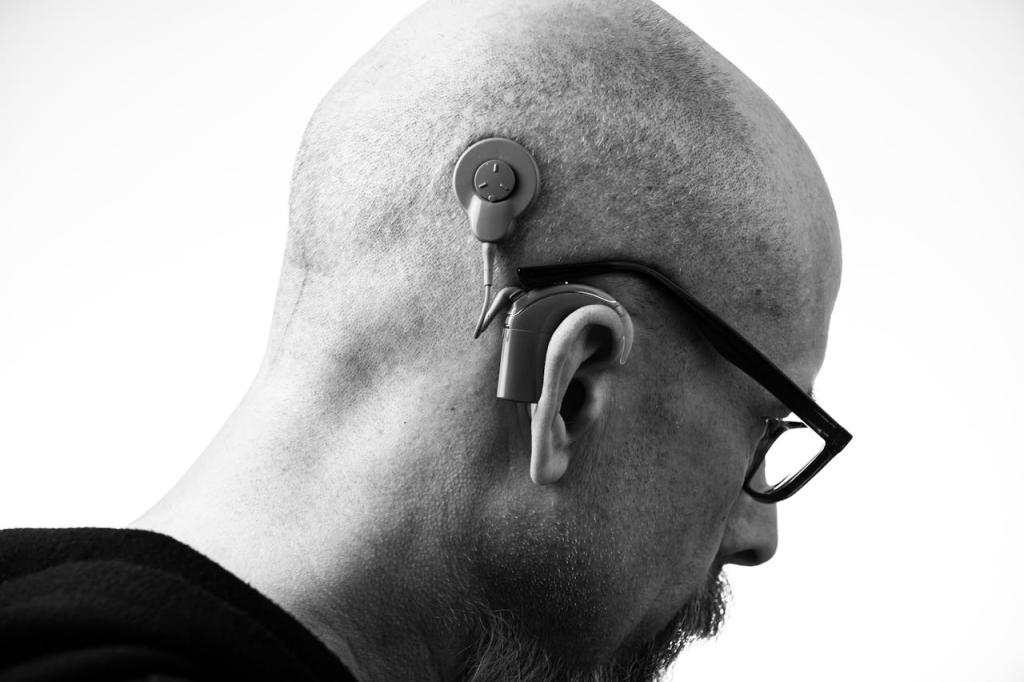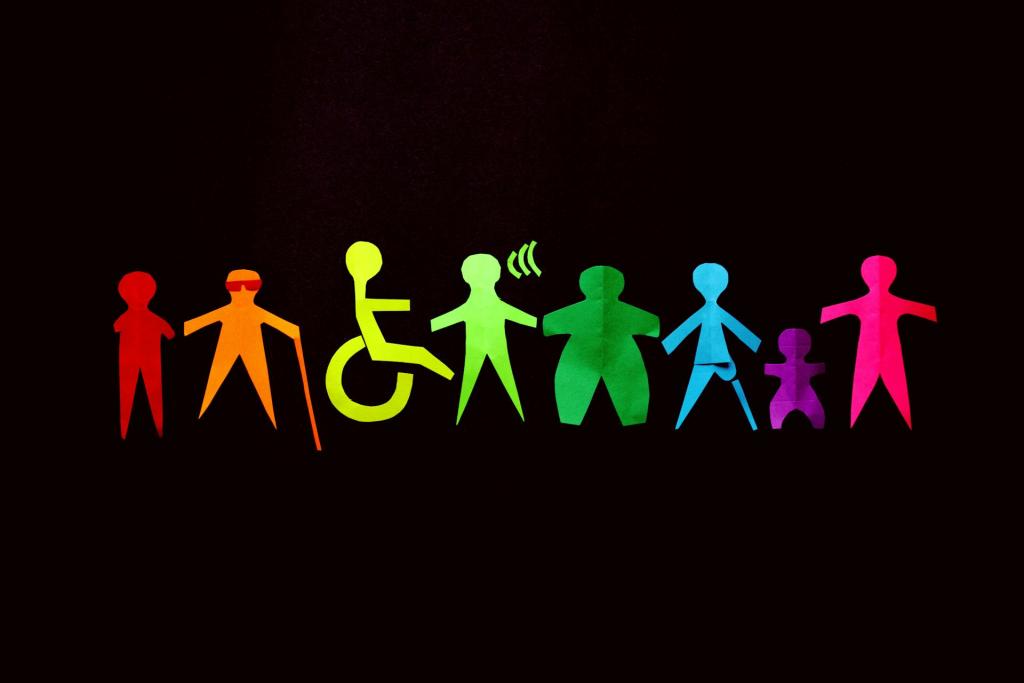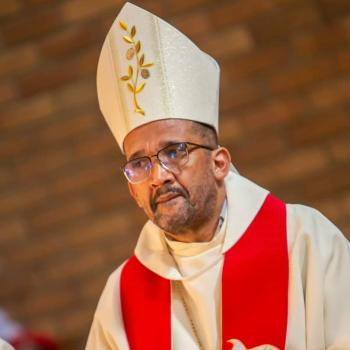The International Day of the Deaf is celebrated annually on the last Sunday of September. It reminds society of the importance of inclusion, accessibility, and the recognition of the rights of deaf people around the world. The day recognizes not only the obstacles that the deaf community faces, but also their contributions to society and development in areas such as activism and inclusion. The World Federation of the Deaf (WFD) established the day to raise awareness of the challenges that deaf people encounter, foster understanding, and advocate equal opportunities.

History
The International Day of the Deaf was first observed in 1958, a year after the establishment of the World Federation of the Deaf, an organization dedicated to advancing human rights for deaf people and achieving equal access to education, employment, and civic life.

The celebration is part of a larger movement called the International Week of the Deaf, which seeks to raise awareness about problems such as sign language rights, accessible education, and equitable employment opportunities for the deaf community. The day is honored all around the world with rallies, educational initiatives, and cultural performances that highlight sign language’s rich heritage.
Communication
The deaf community relies heavily on sign language for social interactions, education, and communication. Sign language is the foundation of deaf culture. Notwithstanding its significance, sign language is not acknowledged as an official language in many nations, and those who are deaf sometimes cannot access services or education in their mother tongue. On the International Day of the Deaf, governments are urged to acknowledge sign language as an essential human right and to offer materials and resources that encourage its use in public spaces such as workplaces, schools, and government buildings.

International entities, governments, and organizations are more cognizant of the deaf community’s requirements. In 2006, the United Nations enacted the Convention on the Rights of Persons with Disabilities (CRPD), emphasizing the significance of accessibility in areas such as information, communication technologies, and sign language education. In 2017, the UN formally recognized the International Day of Sign Languages, strengthening the case for sign language promotion and preservation around the world. This recognition emphasizes the importance of communication accessibility for all deaf people, as well as the overall goals of the International Day of the Deaf.
Advocacy
Over time, there has been substantial success in the fight for deaf rights. Advocacy groups such as the WFD have lobbied for the recognition of sign languages as official languages in numerous nations. Technology has also played an important role in improving accessibility with developments such as video relay services, real-time captioning, and hearing devices helping deaf individuals communicate and participate more fully.

Cultural transformations have also contributed to increased public awareness. Films and television series with deaf characters and sign language have helped to dispel prejudices and promote awareness of deaf culture. Celebrities and campaigners have utilized their platforms to encourage the integration of deaf people into normal society, supporting the message of equality. The International Day of the Deaf provides a chance to celebrate the accomplishments and contributions of deaf individuals in a variety of disciplines, including the arts, entertainment, science, and commerce. Deaf people have surmounted enormous obstacles to make major contributions, indicating that with the proper assistance and chances, they can thrive just as much as their hearing counterparts.
Inspiration
St. René Goupil, one of the North American martyrs, is a very important figure in the Catholic Church. Goupil, born in France in 1608, lived a life of dedication, humility, and suffering, which culminated in his martyrdom during the early years of the European mission to the Americas. While many facets of his life are praised, one distinct and frequently ignored aspect is his experience as a deaf person. Goupil’s life exemplifies not only his unwavering faith, but also how his infirmity did not detract from his commitment to serve God and others, demonstrating extraordinary perseverance in the face of hardship.
René Goupil was born in Anjou, France, to a devout Catholic family. At an early age he exhibited a desire to serve God and humanity. He began his medical studies with the goal of becoming a surgeon, which was a highly regarded profession requiring in the 17th century. Goupil’s medical knowledge would subsequently be beneficial in his missionary work, where he treated the sick and injured. However, Goupil’s life changed dramatically when he developed hearing loss. His condition deteriorated to the point of full deafness, posing a significant challenge for someone pursuing a career in surgery.

Goupil’s deafness did not discourage him from pursuing a career in public service. His faith remained a pillar of his life, and he finally joined the Jesuits as a lay missionary as a donné—a volunteer who promised to help Jesuit priests in their missions. His dedication to the Jesuits was not just an expression of his religious faith but also a demonstration of tremendous resilience and determination. Instead of being an impediment, Goupil’s deafness became part of his story of self-sacrifice and service.
In 1640, Goupil traveled to New France (modern-day Canada) to join the Jesuit who served the Huron people. His role was to assist the priests, particularly in medical care, which his training had equipped him for despite his hearing loss. Goupil’s work among the Hurons was a testament to his deep compassion as he cared for both their physical and spiritual needs. He was killed on 29 September 1642, the feast of St Michael the Archangel.

In today’s world, Goupil’s life can be viewed as a great example of inclusivity and dignity for all individuals, regardless of physical constraints. His ability to make a meaningful contribution to the missionary endeavor despite his deafness calls into question the concept that handicap prevents a life of service or purity. Goupil’s life exemplifies the importance of patience, faith, and the belief that anybody, regardless of skill, can play a role in God’s plan. Furthermore, Goupil’s story is an encouragement to others who live with impairments today. His life shows that handicap does not imply ineptitude or inferiority. Instead, it can be used to praise God, as Goupil demonstrated, by deeds of love, service, and sacrifice.













